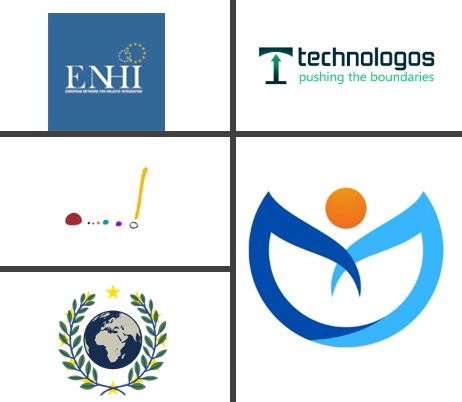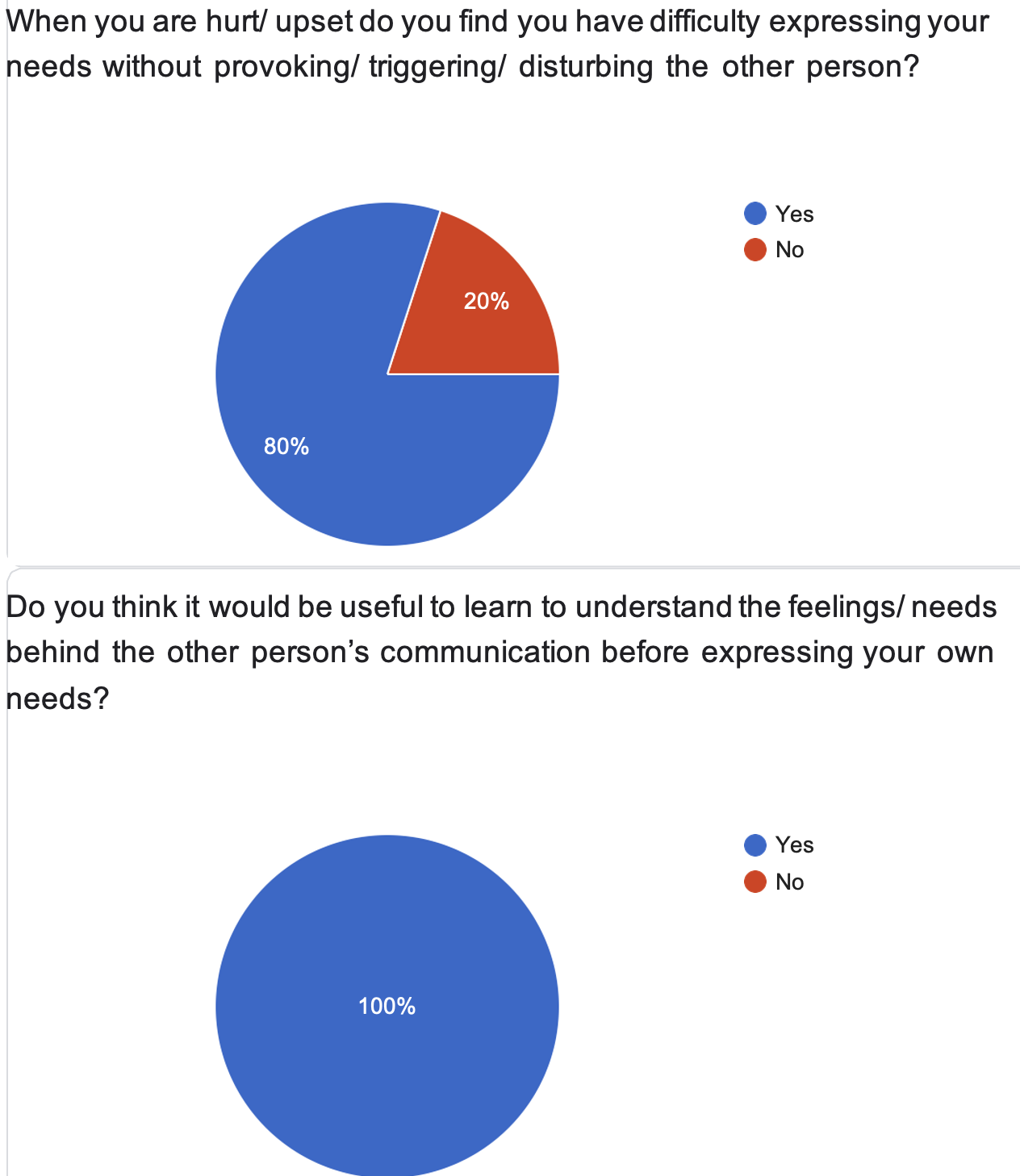ECHO

ECHO aimed to design and implement an effective digital intervention (in the form of a web/mobile application) that focuses on teaching nonviolent communication skills to adults from vulnerable groups and migrant communities. Through digital transformation, ECHO aims to make this training more accessible and available to those who may face barriers to traditional in-person programs.
Nonviolent Communication (NVC) is an approach to communication based on principles of nonviolence. It is not a technique to end disagreements, but rather a method designed to increase empathy and improve the quality of life of those who use the method and the people around them. Nonviolent Communication evolved from concepts used in person-centered therapy, and its initial form was developed by clinical psychologist Marshall Rosenberg beginning in the 1960s and 1970s.
Transnational Meeting - Kick-off
During the kick-off meeting, the representatives of each partner organization were introduced and obtained information about the project, such as its purpose and objectives, scope, work plan, major deliverables, risks, estimated effort and budget, timeline, milestones, and deadlines .

Collection of User Requirements and Curriculum Design on Nonviolent Communication
The main purposes of this activity were to:
- Design and organize surveys for the collection of user requirements, including technical requirements.
- Find out which devices/operating systems are more accessible to the target group to ensure maximum accessibility (technical user requirement collection and definition of technical specifications for the intervention's development).
- Design the material and activities that will be offered in the ECHO intervention.

Development, Integration, and Localization of ECHO Digital Application
This activity involved developing the ECHO digital intervention. According to the type of material and activities, the team designed concepts, activities, and even serious games that are effective in interactively transmitting the material. The serious games and activities were designed with accessibility in mind, including localization for marginalized groups such as refugees and migrants. User requirements and concepts from the preceding activity drove the development, and the integration phase focused on combining the components and activities into a coherent and engaging intervention.
The ECHO project's presentation podcasts
Transnational Meeting - Pre-Launch Evaluation
The purpose of the meeting was to present, test, and evaluate the intervention. The main objective was to assess the level of achievement of the project's goals and ensure the intervention is ready for public release. By testing and evaluating the intervention within the consortium, the development team addressed possible issues before participants began using it.


ECHO Intervention Launch and Evaluation
This activity involves launching the ECHO digital intervention to participants through online channels and the consortium's target groups and networks, as well as evaluating its effectiveness based on user feedback. After the launch, the target groups associated with ENHI and WA, as well as online participants, will have the opportunity to use the intervention and provide feedback on their experience and its impact on them.
This campaign ran for 5 days on the project's Facebook page
Also, we held a seminar to share the results of the projects and collect the final feedback. You can watch the video here
